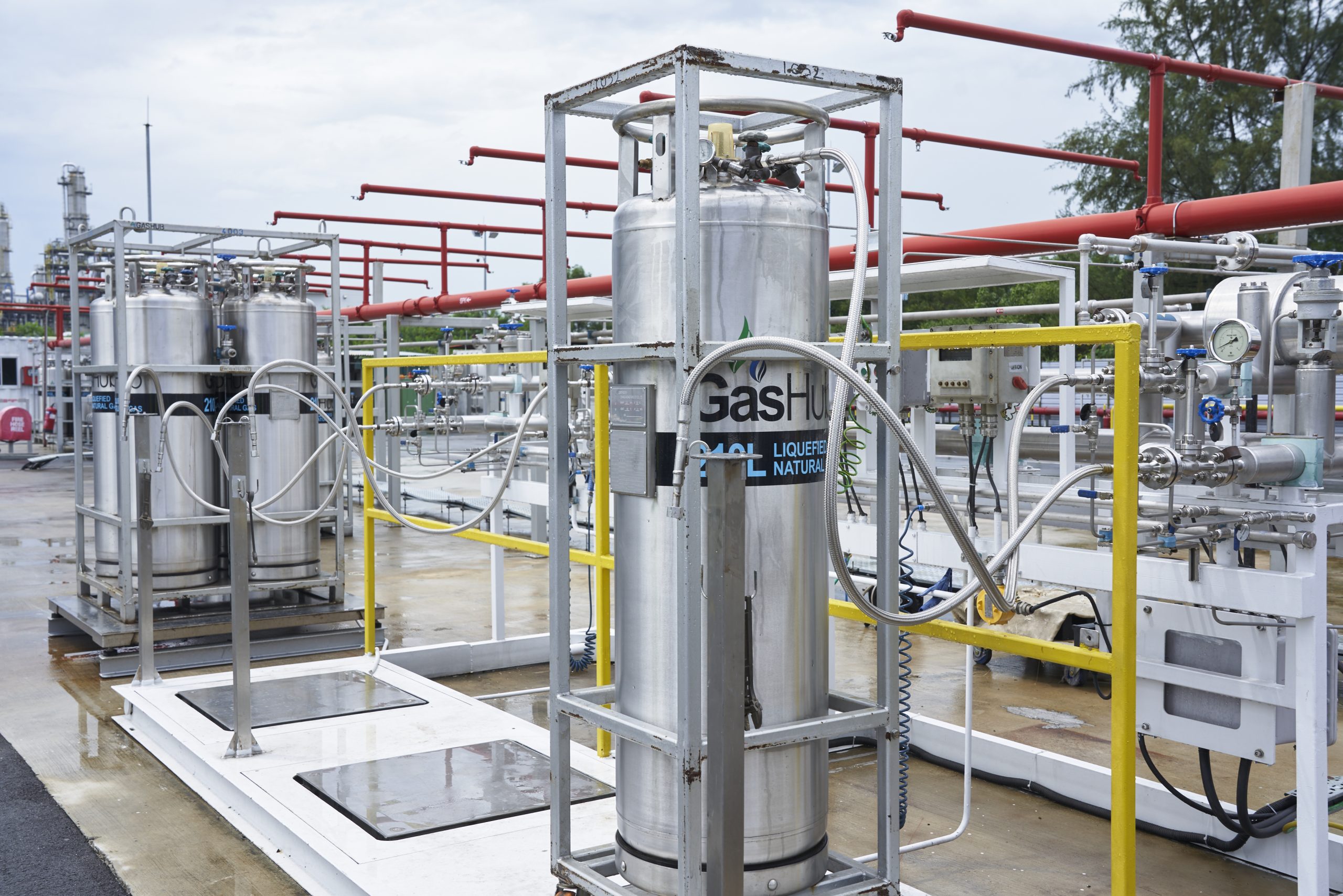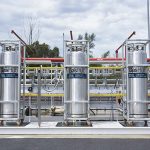Investing in LNG infrastructure needed as natural gas is critical to clean energy transition

SINGAPORE – Natural gas is a critical element in the global energy transition, so there is a continued need to invest in liquefied natural gas (LNG) infrastructure, said Minister of State for Trade and Industry Low Yen Ling on Tuesday (Oct 26).
Natural gas is instrumental in helping countries adjust to sharp and unexpected energy demand spikes, hence the LNG market continues to grow in response to strong global and Asian demand and is key to ensuring energy supplies are delivered securely, said Ms Low. “Governments and market players may see this as an opportunity to encourage collaborations, as well as the need to adopt a prudent and scalable approach for the security of LNG supply,” she added.
She was speaking at the 7th Asia LNG and Gas Markets Conference on Tuesday, as part of Singapore International Energy Week at the Marina Bay Sands Expo and Convention Centre.
When burnt for energy, natural gas produces less planet-warming emissions than other fossil fuels such as coal and gas. Natural gas has to be cooled to minus 162 deg C so that it turns into a liquid form for safe transportation. The ongoing gas crunch has resulted in high volatility in energy markets, and countries have turned to diesel and coal to meet demand. “In early October this year, Asia LNG spot prices surged by 40 per cent to an all-time record high of $56 per million British thermal units amid the global supply crunch. Rising power prices have also impacted operations of electricity-intensive industries, and several companies have temporarily cut down production as production costs continued to rise,” said Ms Low.
She noted that countries switching to cleaner energy resources are faced with the intermittency of renewable sources like solar and wind. These will need to be supported by alternate sources, which should ideally have lower carbon emissions. “Therefore, LNG will continue to play a pivotal role in a country’s transition to clean energy. It will remain a key part of most energy systems for decades to come, before low-carbon alternatives such as hydrogen become commercially available,” she said. However, the consideration of natural gas as a transition fuel has been met with scepticism among climate groups worldwide on a number of fronts. For instance, the largest component of natural gas is made of methane, which is considered to be a more potent greenhouse gas than carbon dioxide over a shorter time frame. This means the use of natural gas can worsen climate change.
Others have pointed out that new gas infrastructure could last for a long time, which may not always be consistent with the need to decarbonise economies within a certain time frame. Compared with natural gas, hydrogen is considered a cleaner fuel as it produces no planet-warming carbon emissions.
It also has the potential to be produced and transported globally through “well-developed supply chains just like oil and LNG”, said Ms Low. She noted that a number of countries, such as Australia, Japan, New Zealand, South Korea and Britain, have spelled out their hydrogen strategies and indicated national and corporate interest in developing hydrogen supply chains. However, there are still some key challenges to overcome. “For example, technologies that allow for long-range transportation and long-term storage need to be developed in a cost-effective manner. The cost to use hydrogen also needs to be viable,” said Ms Low.
For hydrogen to be considered a green fuel, it must be generated from renewable resources, which are also subject to intermittency and the forces of nature like the weather. Further technology developments will be needed to minimise such impact, she added.
Cheryl Tan
The Straits Times


